Michael Alexander speaks exclusively to Dundee High School-educated scientist Professor Dame Anne Glover about her new role as president of the Perth-based Royal Scottish Geographical Society.
Professor Dame Anne Glover is no stranger to high profile and influential positions across academia and government.
The molecular biologist, who studied at Dundee High School, was the first ever Chief Scientific Adviser for Scotland from 2006 to 2011 and then Chief Scientific Adviser to the president of the European Commission from 2012 to 2015.
However, in her new role as president of the Perth-based Royal Scottish Geographical Society (RSGS), the distinguished scientist hopes to inspire more young people to study geography and to help promote the subject as a tool in the climate change debate.
Important role for geography
Founded in 1884, the RSGS is an educational charity promoting geography and a joined-up understanding of people, places and the planet.
Professor Glover was elected president of the society at the end of March when RSGS fellows voted for her at their annual statutory meeting. She replaces Scottish geologist Professor Iain Stewart.
Now, in an exclusive first interview since being appointed to the “figurehead” role, Professor Glover tells The Courier why she believes the RSGS and geography in general has such an important role to play in understanding and tackling the world’s greatest existential challenges.
“I’ve been involved with the RSGS before, but in a very arms’ length way, because I’m not a geographer,” explains the 66-year-old.
“I’m a molecular biologist. I’m much more interested in biology and how things happen in our cells and so on rather than the big picture of geography which is much more holistic than anything I’ve been involved with.
“But in my previous roles as chief scientific adviser for Scotland and then chief scientific adviser to the president of the European Commission, you had to move out of your own discipline and think about some of the big challenges.
“An obvious one would be climate change.”
Appreciation of RSGS
As president of the RSGS, Professor Glover will carry out formal duties including the chairing of meetings and the giving out of medals.
She will also work with RSGS colleagues to promote the mission of the society and also identify opportunities where the expertise of RSGS fellows could be put at the disposal of policy makers not just at Scottish and UK government levels but further afield.
As chief scientific adviser she came into direct contact with the RSGS which has always been “very active” around climate change solutions.
As a member of the public, however, she has also been attracted to their talks.
“One of the things that I’ve appreciated over the years is that the RSGS is hugely respected internationally,” she says.
“You might think that’s funny because we are a small country and so on.
“But it’s one of those occasions where a very small organisation because of what it does and how it does it is hugely connected amongst the global environment of other geographical societies and indeed just other organisations who value the importance of geography.”
Passion for science
A former pupil of Eastern Primary, Broughty Ferry and Dundee High School, Professor Glover, who grew up in Barnhill, was always interested in science.
A firm believer that everyone is “born a scientist”, the in-built curiosity of being a child never left her. She always wanted to find out more about “how things happened”.
After leaving Dundee High School, she went on to study biochemistry at the University of Edinburgh where she graduated with first class honours in 1978.
She went on to study at King’s College, Cambridge where she obtained an MPhil degree in 1979 and a PhD in 1981 on the biosynthesis of halobacterial membrane proteins.
As well as her former government roles, she holds a personal chair of molecular and cell biology at the University of Aberdeen and in 2018 she joined the principal’s senior advisory team at the University of Strathclyde.
She was President of the Royal Society of Edinburgh between 2018 and 2021.
In terms of relevance, however, the cross-over between science and geography has never been more relevant, she says, whether that’s understanding how a pandemic spreads to understanding why some pieces of land flood.
Relevance of geography
“I think geography is absolutely at the heart of that,” she says, “because there’s human geography – how we interact with our environment; and there’s physical geography, like how rivers as they get old start meandering and go in these big loops and so on and you get erosion of the river banks.
“From my point of view I just loved science at school and to my shame and embarrassment maybe I always shied away from things like history because in all honesty even as a young child I just saw that as men fighting with other men for power and money and it didn’t seem very interesting.
“Whereas geography on the other hand seemed incredibly interesting because it was all about what’s going on around us.
“Geography is something that’s very relatable. It’s very accessible because everywhere you look geography is around you.
“Whether it’s looking at economics or people or climate or natural disasters, all of that is informed by understanding different aspects of geography.”
Professor Glover “really applauds” the “very high impact work” that RSGS does in schools to help provide resources and inspiration around teaching.
This can persuade young people to pursue the subject further and opens up “endless possibilities” in terms of careers, as is the case with any scientific subject.
“I think Mike Robinson (RSGS chief executive) and the team – a small but perfectly formed team – have really raised the profile of geography in schools to try and identify why it’s so important,” she adds.
“For me geography is one of those fundamental subjects – it integrates a lot of knowledge and thinking.
“At school I was really interested in physics and chemistry and biology and mathematics.
“All of those subjects can be integrated together under the umbrella of geography to look at particular processes in our environment.
“The understanding about erosion – the physics behind that, what might you do, how can you intervene naturally in order to maintain that channel without expensive dredging or whatever.
“Those are really interesting problems and it’s about application of knowledge in many ways.
“I think that’s why at school, it’s one of those fundamental subjects that people will always need an appreciation of – where they fit on our planet and what impact they have, and that’s what geography is about.”
Global impact of Scotland
Scotland has been no stranger to punching above its weight over the centuries when producing pioneers.
She believes this should give everyone “pause for thought” when considering what a relatively small country is capable of in terms of global impact.
It’s Scotland’s large impact on a relatively small scale, however, that helps explain why the RSGS is so well known globally.
“We are not out to say we are the biggest or the best or whatever, but we are really good at what we do and we are enthusiastic about,” she says.
“I think people as partners and collaborators want to work with us because they like doing it.
“And I think for our young people they can also see that we don’t have to go somewhere else – to a bigger country – to do something good.
“You can do that by being in Scotland, or you can travel and come back to Scotland, which is what lots of people do. That’s what I did. It’s a really positive thing.”
Inspirational women
Having been appointed RSGS president just weeks after it was announced that Professor Jo Sharp of St Andrews University has been appointed Geographer Royal for Scotland, Professor Glover feels there’s a particularly strong message right now for aspirational girls and women.
“In a way it should not be worthy of remark that I am the female president of the RSGS, because I’d like it that nobody bats an eyelid. It’s the normal thing,” she says.
“But being honest it’s not a normal thing.
“There is that thing about ‘you have to see it to be it’. If she can do it I can do it.
“So what I’m hopeful of is young women who maybe thought ‘I’m really interested in this but not sure if there’s a future for me’, might just think.
“And don’t just look at me as president – we’ve just appointed the Geographer Royal for Scotland, Professor Jo Sharp at St Andrews University.
“She’ll be very good for young people. She’d had a terrific career in academic geography, and how the knowledge around that can and is used in order to improve the world around us whether it’s in economic ways or biodiversity, whatever it happens to be.
“These things do matter I think and it will help young people think that these appointments are just normal.”
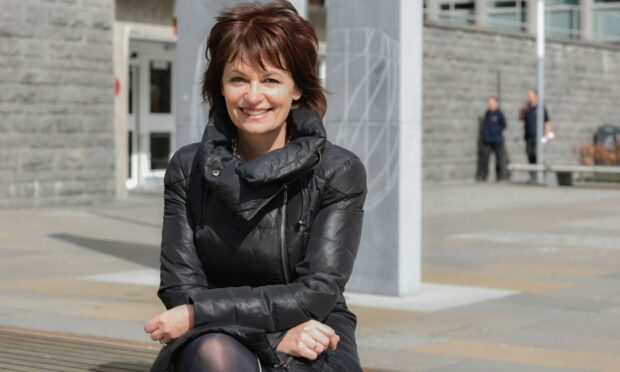
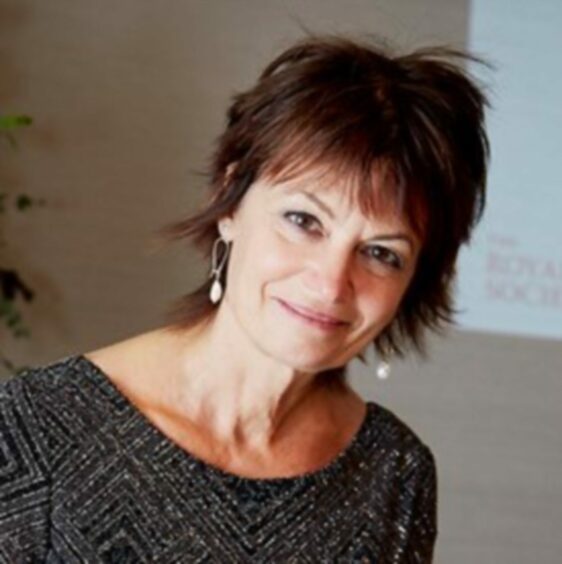
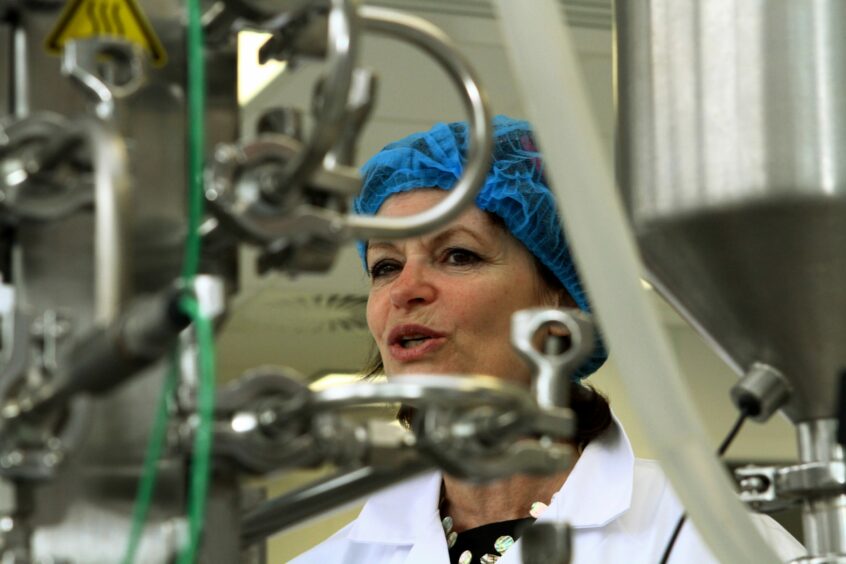
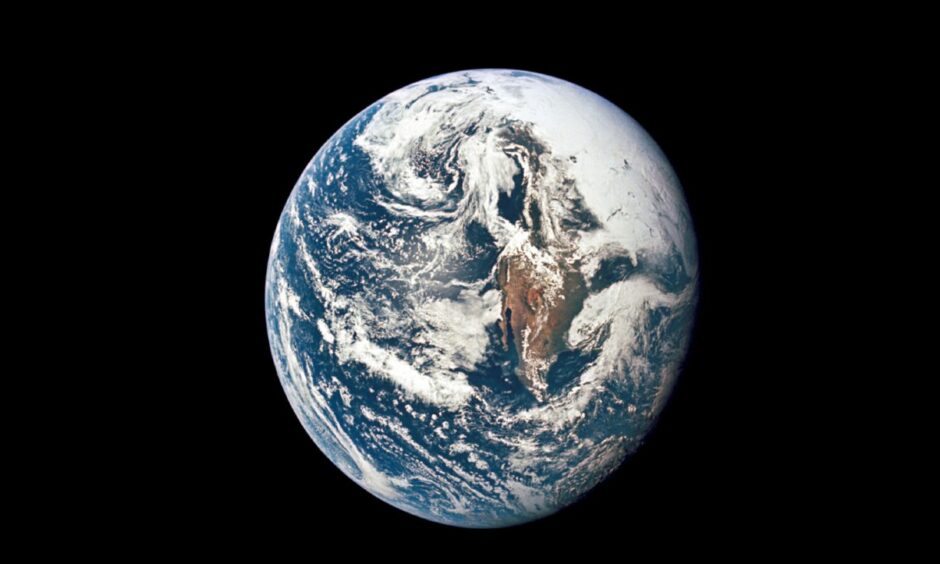
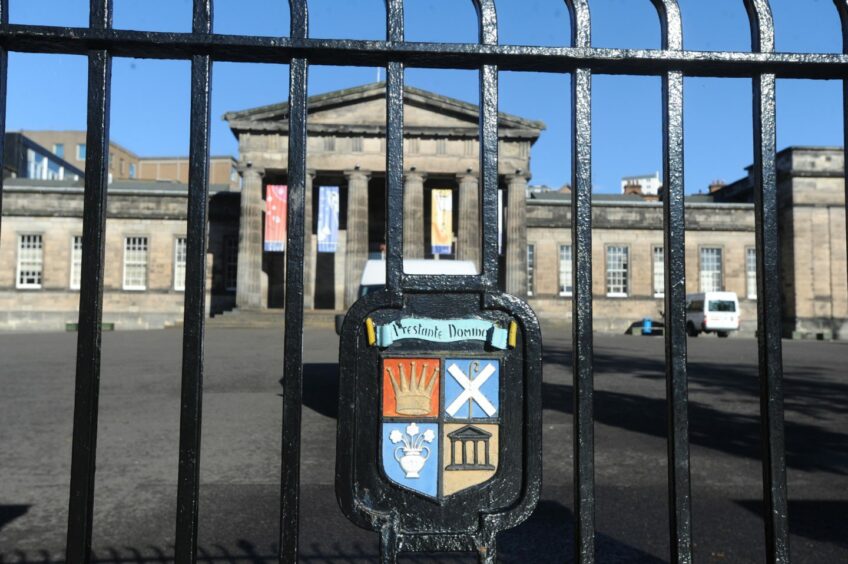
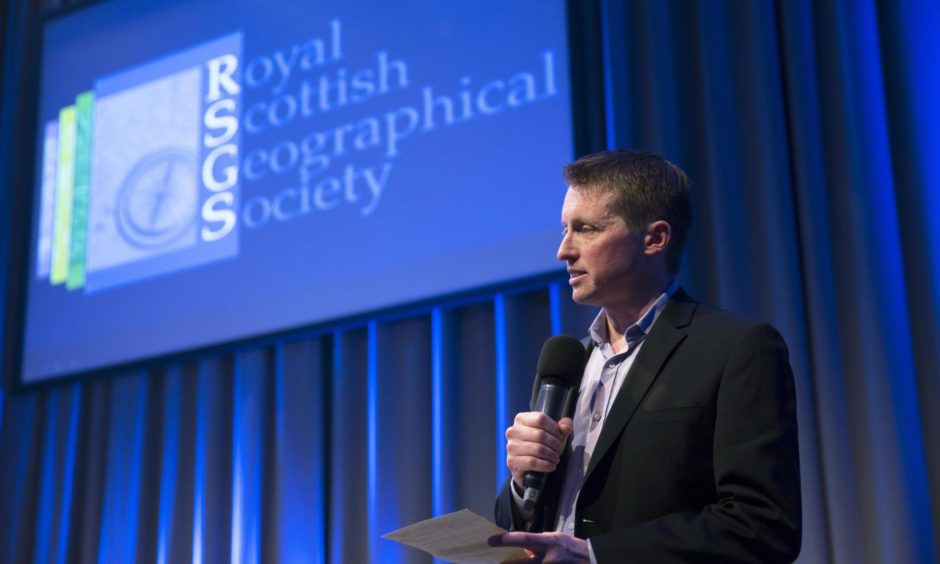
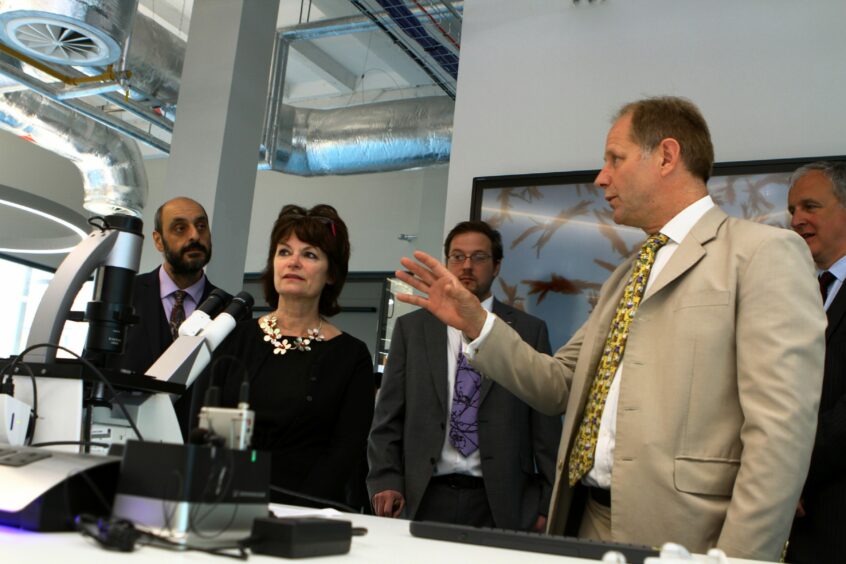
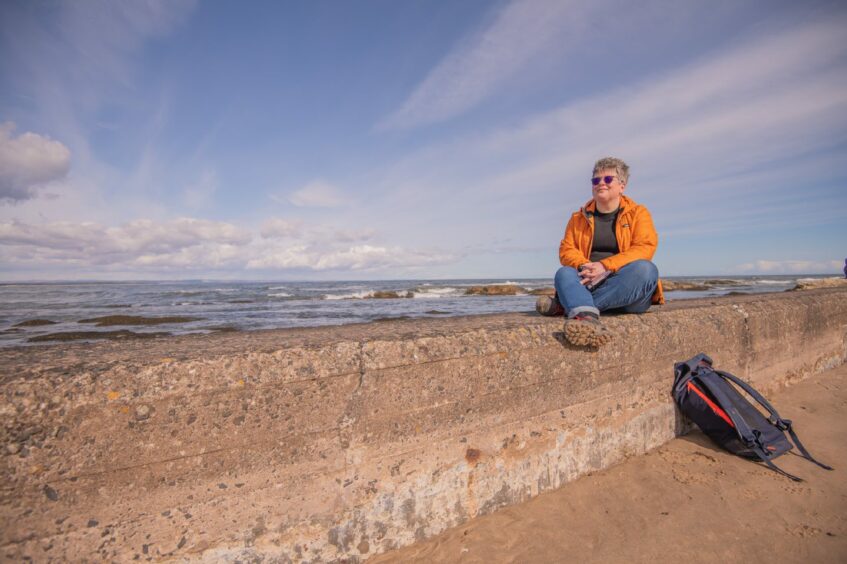
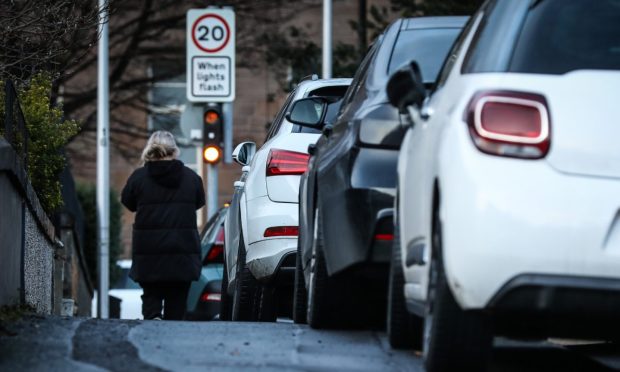

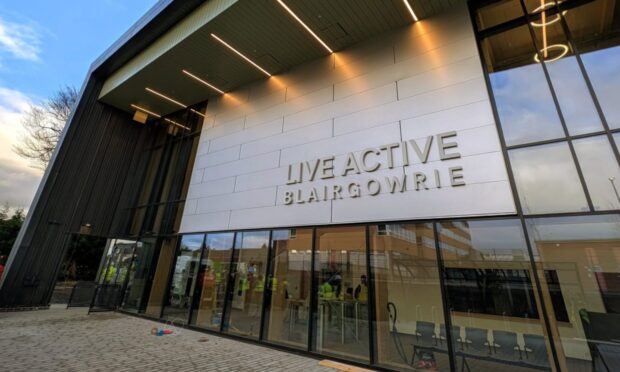

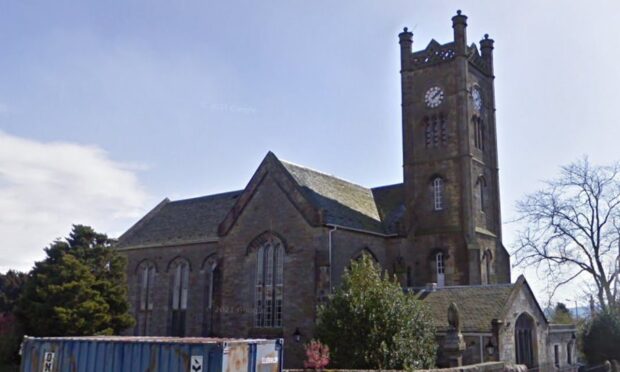

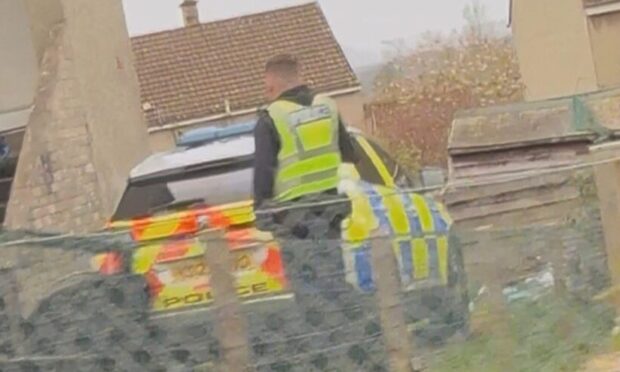

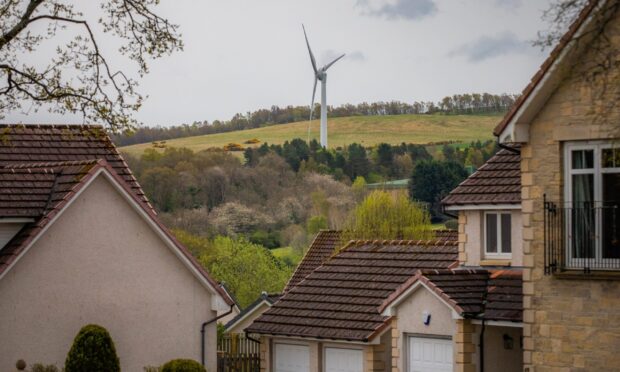
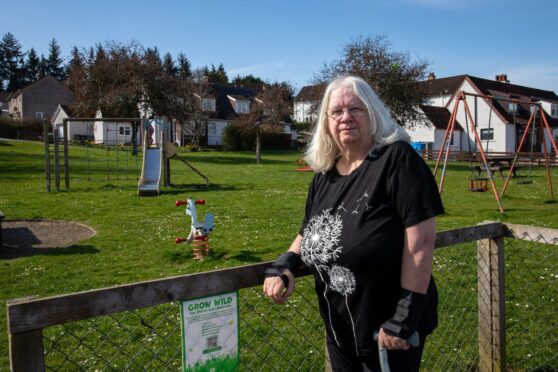
Conversation